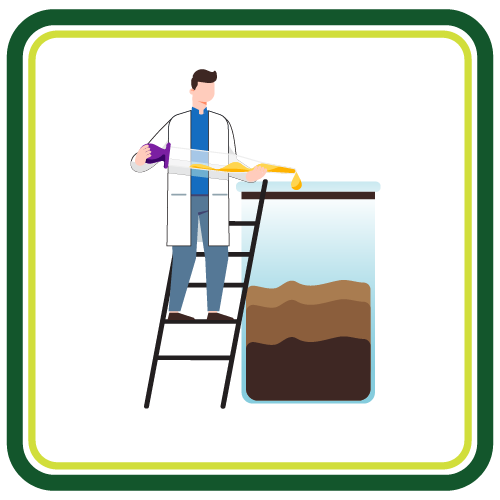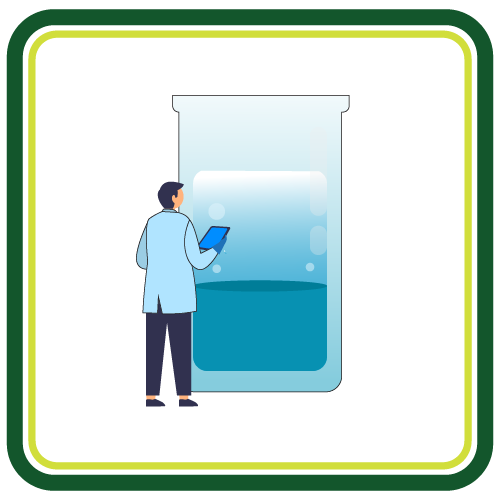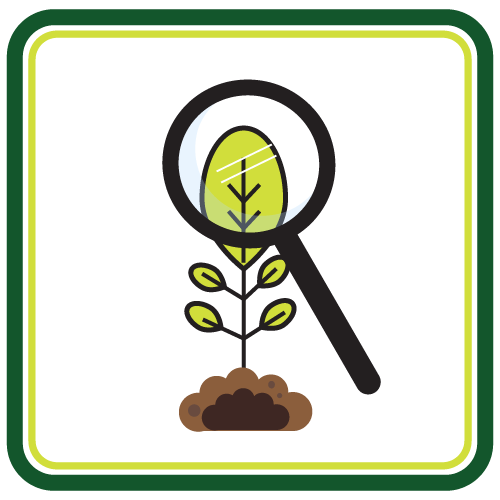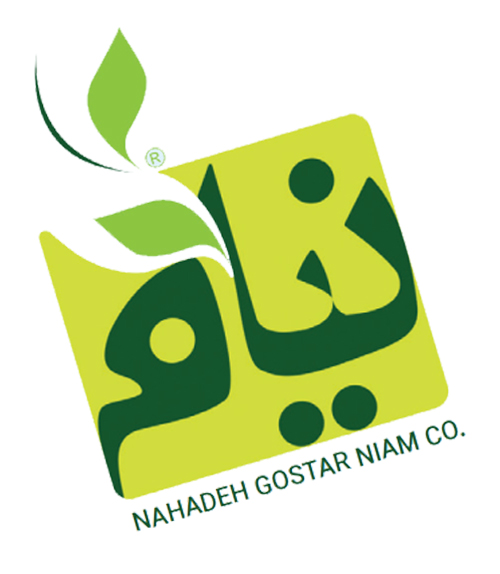No products in the cart.

Soil analysis
Soil analysis is an essential process for accurately examining the physical, chemical, and biological properties of soil. These tests include measuring pH, organic matter, nutrients, and soil texture. By analyzing this data, soil deficiencies and problems can be identified and, using appropriate methods such as fertilization or soil structure modification, its quality and fertility can be improved. These measures help increase the productivity of agricultural products and maintain a healthy environment.

Water analysis
Water analysis is a key process for assessing water quality and ensuring its suitability for agricultural use. This includes measuring parameters such as salinity, pH, mineral content, and contaminants. By analyzing this data, water can be used optimally and potential damage to soil and plants can be prevented. This helps increase crop productivity and conserve water resources.

Plant analysis
Plant analysis is a scientific method for diagnosing nutritional needs and assessing plant health. By examining nutrients, symptoms of deficiencies, and diseases, plant growth problems can be identified and resolved. This analysis helps farmers provide optimal conditions for optimal plant growth by using appropriate fertilizers and methods. As a result, product quality is improved and agricultural productivity is increased.

Expert consultation
Agricultural consultancy provides scientific and practical solutions to help farmers manage their farms in a sustainable and economical way. This includes advice on crop selection, irrigation management, soil nutrition, and pest control. Using this knowledge, farmers can increase their yields, reduce costs, and sustainably conserve natural resources.

Possibility of holding conferences and exhibitions
Holding specialized agricultural conferences and exhibitions is an ideal opportunity to present new products, technologies, and ideas in this field. These events allow agricultural industry activists to introduce their latest achievements, learn from the experiences of others, and create valuable communication networks. Such programs not only help to develop agricultural knowledge, but also pave the way for effective cooperation and sustainable progress in this vital industry.

Grant of agency privilege
Granting agency privileges in the agricultural sector is an exceptional opportunity to expand the sale of products and services in different regions of the country. By attracting local representatives, it is possible to respond more effectively to the needs of farmers and facilitate their access to modern inputs and technologies. This approach not only helps develop the market, but also creates employment and economic growth in different regions. Representatives will also benefit from specialized support and training.
